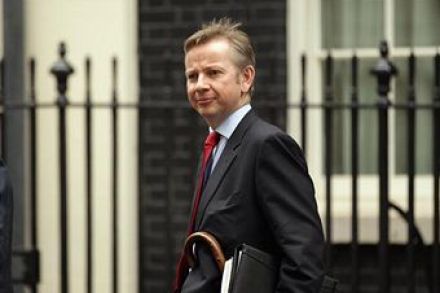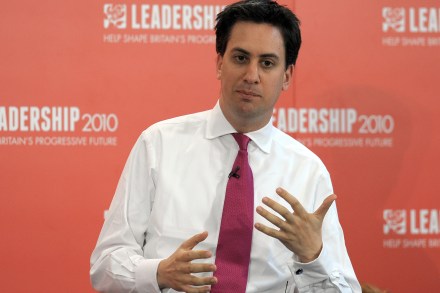Will there be money for free schools?
Some eyecatching numbers in today’s FT about how many free schools we can expect, and when. According to Department of Education officials, there will be about 12 of the new schools in 2011, another 50 in 2012, and around 100 in 2013. The paper dwells on how this falls short of the Tories’ pre-election rhetoric. And it’s true: the original idea was for around 3,000 new schools across nine years. So, 162 schools across three years hardly looks like fluid progress towards that goal. This needn’t be a bad thing, of course. As so often, quality not quantity will determine the lasting success of this reform. But it’s still striking




















